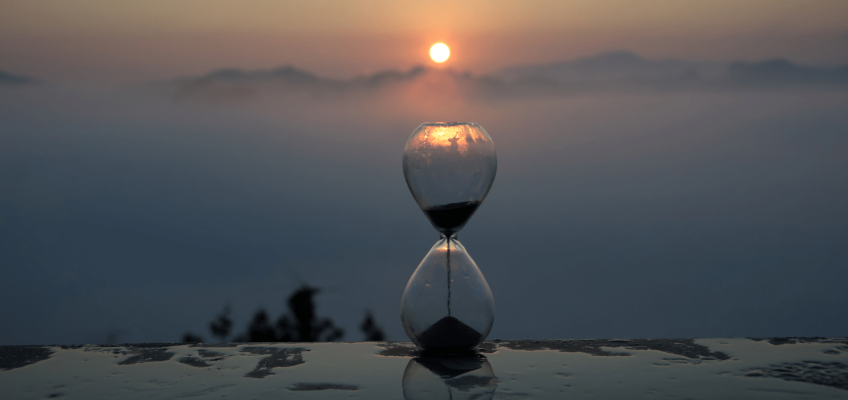Twenty-second Sunday in Ordinary Time
We often fail to realize how powerful the liturgical calendar is. Beyond determining the day’s Mass, it shapes our Christian faith. When we attend to the liturgical calendar, we are formed by the mystery of the Incarnation. For when the infinite God dwelt among us in finite human time, every second became a doorway into the divine eternal. Time is now a “sacramental,” helping us see our future promise in Christ uniquely present right now.
Still, as music ministers, we need to know what liturgical season we’re in and which Mass of the day to prepare. An ordo helps. It is a tool that organizes the liturgical calendar for a particular year and locality by combining the dates of that year with the temporal and sanctoral universal and local calendars.
When the infinite God dwelt among us in finite human time, every second became a doorway into the divine eternal. Time is now a “sacramental,” helping us see our future promise in Christ uniquely present right now. Share on XThe temporal calendar organizes the weeks of the liturgical year and seasons, such as Advent or Ordinary Time. These are regulated by the dates of Easter (which changes every year) and Christmas. The sanctoral calendar marks the feasts of the Lord, Mary, and the saints, which are typically stable and set by calendar year date.
An ordo uses a table of precedence to determine which calendar has priority on each day for your particular diocese, parish, or religious community. Although universal ordos are online, for the most accuracy, use the version that is proper for your specific community.


Leave a Reply